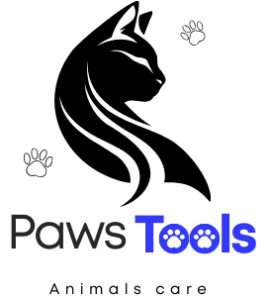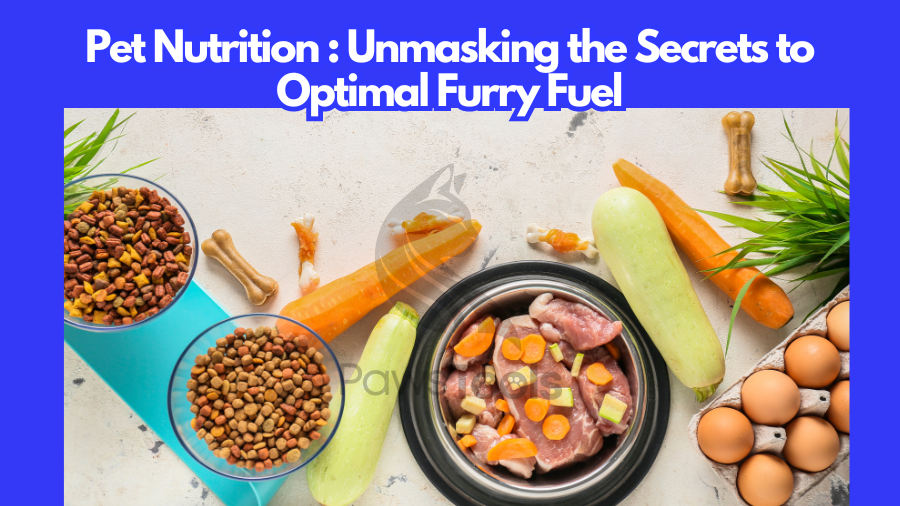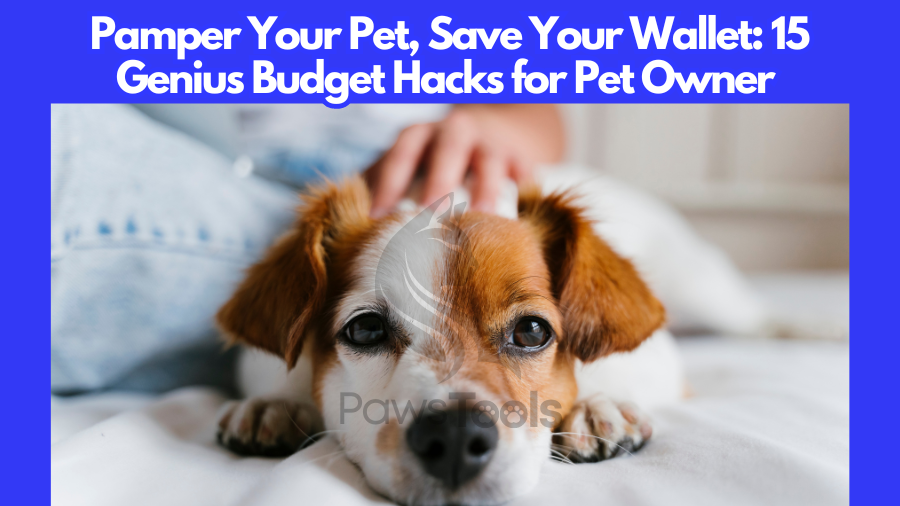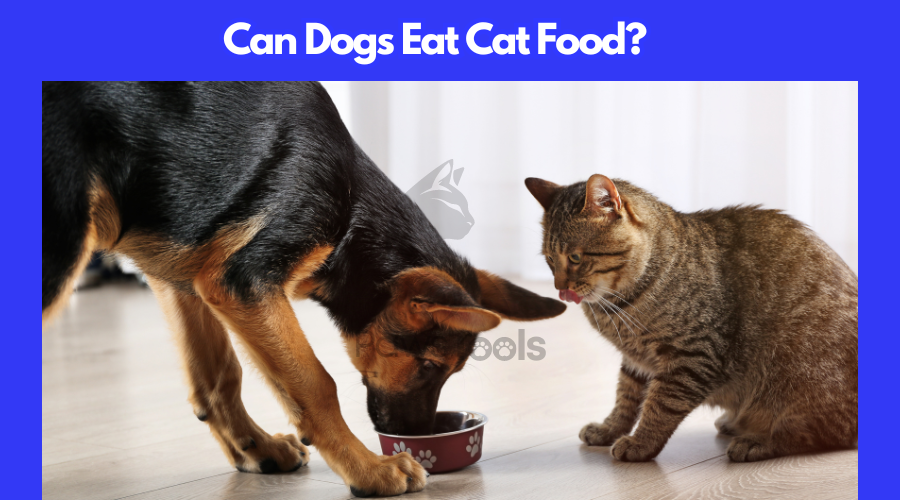Ever stood in the pet food aisle, overwhelmed by the endless options and wondering if you need a Ph.D. in animal nutrition just to feed your furry friend? Fear not, pet parents! We’re about to embark on a tasty adventure through the world of pet nutrition. Grab your fork (or paw), and let’s dig in!
The Great Debate: Dry vs. Wet Food
Ah, the age-old question that’s sparked more controversy than pineapple on pizza. Here’s the scoop:
- Dry Food: Convenient, helps clean teeth, and easier on the wallet. Perfect for busy pet parents and dogs who think they’re vacuum cleaners.
- Wet Food: Higher moisture content, more palatable, and great for picky eaters or pets with dental issues. Ideal for cats channeling their inner food critic.
The verdict? A mix of both can give you the best of both worlds!
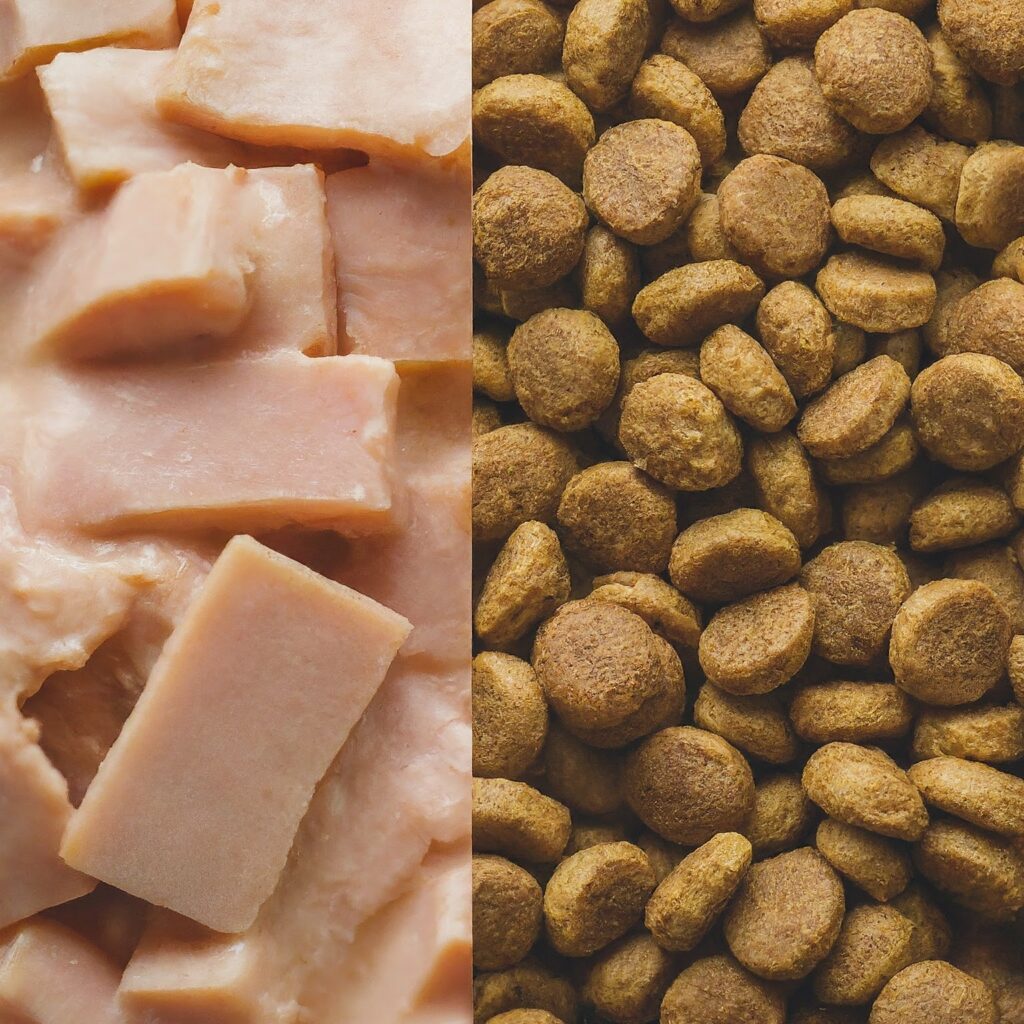
Decoding the Label: Become a Pet Food Detective
Time to put on your Sherlock Holmes hat and investigate that ingredient list:
- Look for named meat sources (e.g., “chicken” not “meat by-products”)
- Avoid artificial preservatives, colors, and flavors (your pet doesn’t need rainbow-colored kibble)
- Check for whole grains or vegetables (unless your pet is grain-free)
- Beware of fancy marketing terms like “gourmet” or “premium” (they’re not regulated)
Remember, the first ingredient should be a high-quality protein source, not a filler!
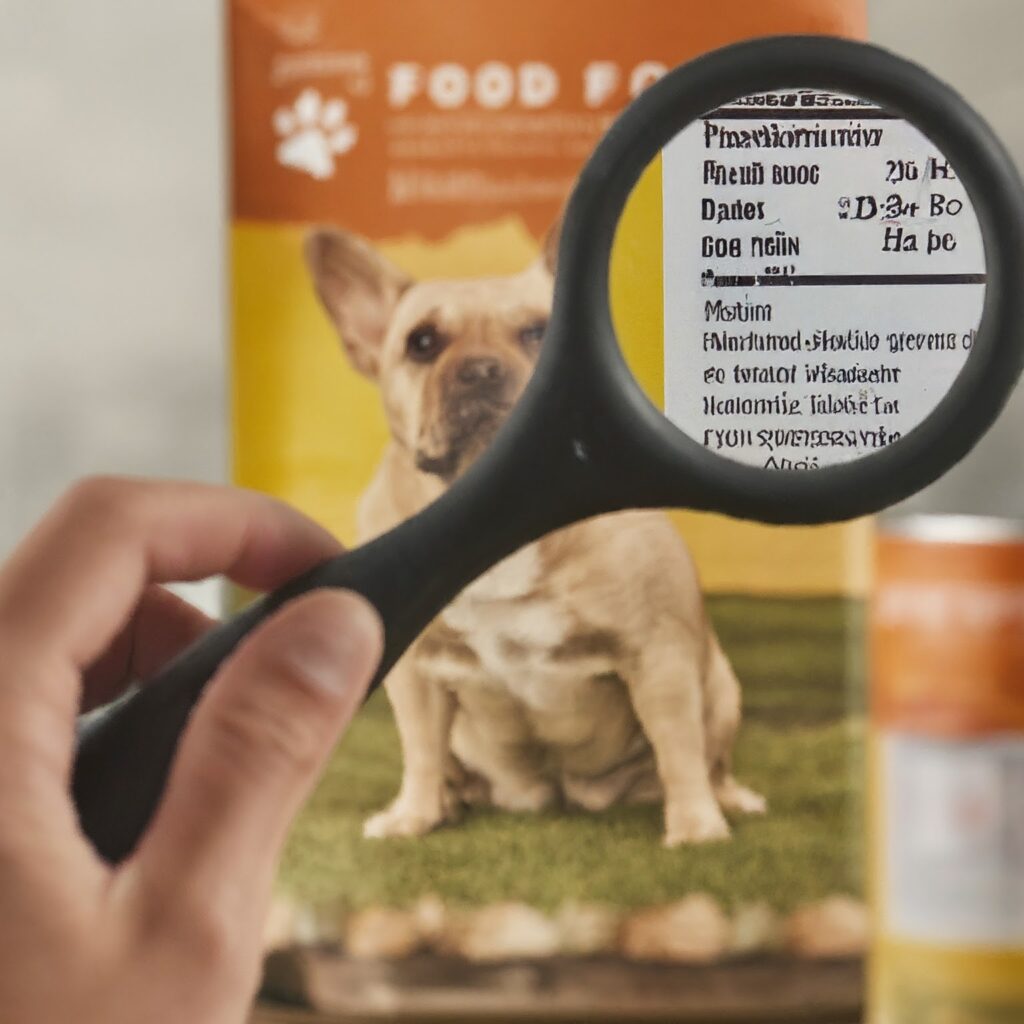
The Grain-Free Gambit: Fad or Fab?
Grain-free diets took the pet world by storm, but are they all they’re cracked up to be? While some pets truly need grain-free options due to allergies, most dogs and cats do just fine with grains. In fact, recent studies have raised concerns about grain-free diets and heart issues in dogs. Always consult your vet before jumping on the grain-free bandwagon!
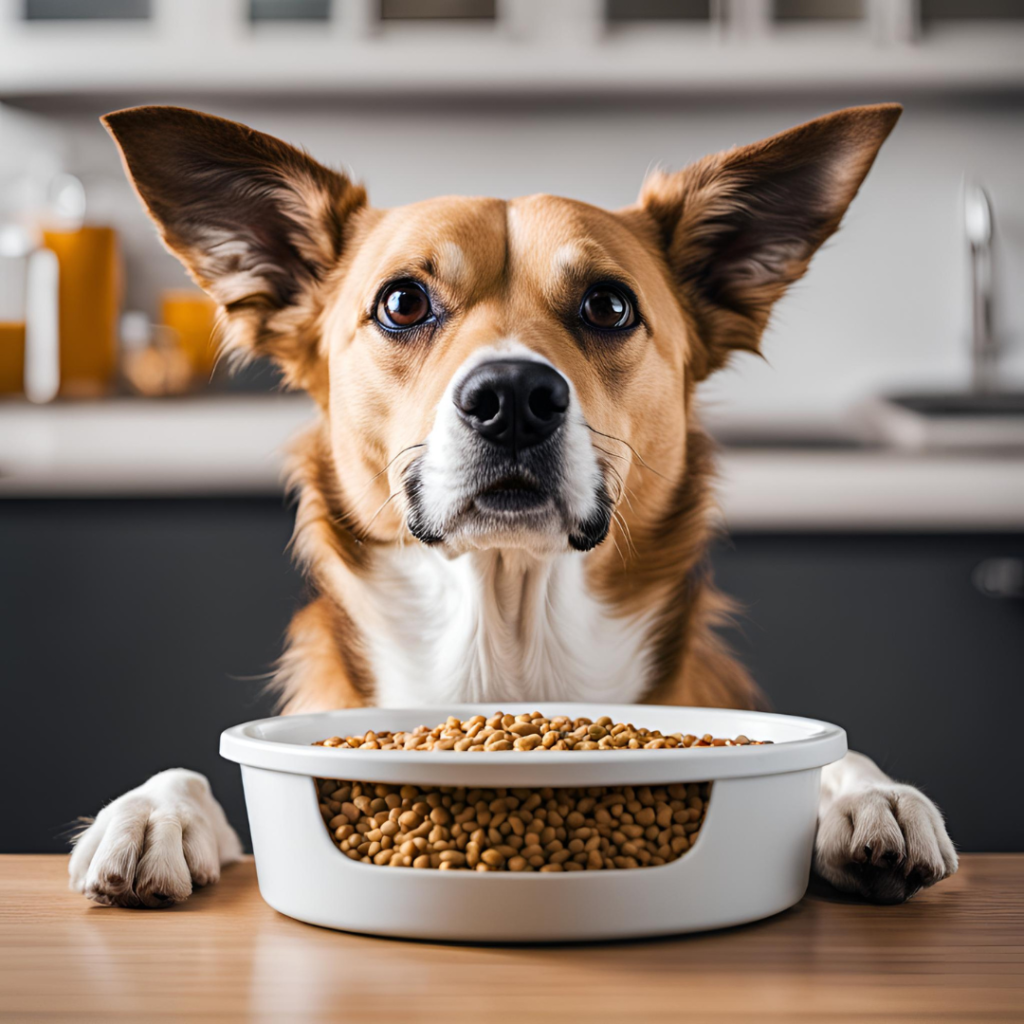
Supplements: Superhero Sidekicks or Unnecessary Add-ons?
Think of supplements as the Robin to your pet’s Batman – sometimes necessary, but not always the star of the show. Common helpful supplements include:
- Omega-3 fatty acids for skin and coat health
- Glucosamine for joint support
- Probiotics for digestive health
But remember, a well-balanced diet often provides all the nutrients your pet needs. Always check with your vet before adding supplements to avoid creating a pet version of a superhero team-up gone wrong!
DIY Diets: Gourmet or Gamble?
Feeling like a pet chef extraordinaire? While homemade diets can be great, they’re also easy to get wrong. If you’re considering going the DIY route, consult with a veterinary nutritionist to ensure your pet’s getting all the necessary nutrients. After all, we want a happy, healthy pet – not a furry food critic!

The Bottom Line: Every Pet is Unique
Just like humans, every pet has different nutritional needs. Factors like age, size, breed, and health conditions all play a role. What works for your neighbor’s cat might not be purr-fect for yours.
The best approach? Team up with your vet to create a tailored nutrition plan. They’re like the personal trainers of the pet world, minus the intimidating muscles and questionable fashion choices.
Remember, good nutrition is the foundation of a healthy, happy pet. So next time you’re in the pet food aisle, you can strut down it like a nutrition pro, ready to make the best choice for your furry friend. Now, if only choosing our own food was this easy!
